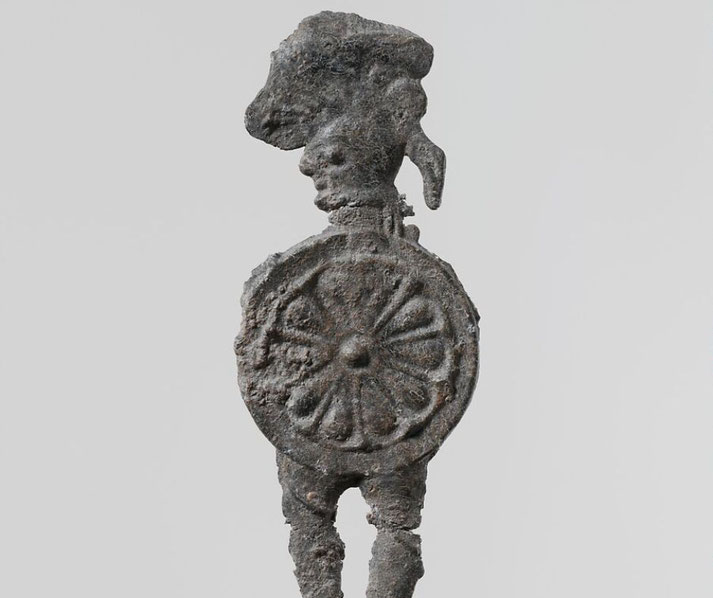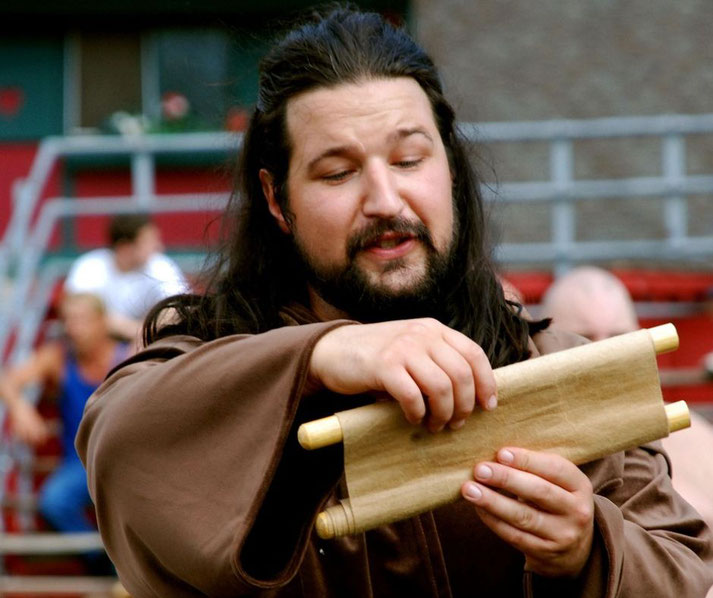Tyrtaeus: The ancient poet who led Sparta’s army to greatness

In the middle of the 7th century BC, the ancient Greek city-state of Sparta was caught up in the Second Messenian War. It would become a critical conflict that would define its future military and social structure.
It was at this time that a poet named Tyrtaeus appeared. His poetry inspired the warriors and, as odd as it seems to modern readers, his verses created a structure for their beliefs that would last for centuries.
This was a rare moment in history when art and military goals linked to forge a fierce warrior culture.
Why was Sparta at war?
The Second Messenian War, which lasted from around 685 to 668 BC, was a turning point for the development of that state.
The Spartans had launched the war in the neighbouring region of Messenia to put down revolts by the helots (enslaved Messenians) who had been taken after the First Messenian War in 724 BC.
However, the conflict was not going in their favour and they had lost some key battles.
Defeat was a real threat, because if nothing changed their famous reputation of being undefeatable would never come to be.

At this crucial moment, Tyrtaeus stepped onto the scene, and where he came from is still not entirely clear.
Various ancient sources suggest that he might have been born either in Sparta or Athens.
One ancient account suggests he was sent there as a gift from Athens because an oracle had advised offering their second-best man to aid in the war.
Regardless of where he originated, he arrived at just the right time.
How did Tyrtaeus help Sparta?
Once in the city, it was in desperate need of moral support.
Because he had only one talent, Tyrtaeus began writing a series of poems that could be performed as songs.
More specifically, those poems were designed to be battle songs: poetry that the army could sing as they marched into battle.
He combined a strong marching beat with encouraging words that prepared the fighters for the combat to come.
His songs mainly used elegiac couplets, a form with lines that alternated between dactylic hexameter and pentameter.
That form suited the rhythm and discipline of their music because it helped with the cadence of marching.
The lyrics urged the men to stand firm in their resolve and trust their companions, and they often urged them to accept death in battle as a noble ending.
Those encouragements kept discipline and unity, which was vital for maintaining morale and persistence during long and difficult campaigns.
At its core, the songs highlighted the ideas of bravery and self-sacrifice for the good of the community.
That emphasis unintentionally created a lasting image of the ideal warrior.

How the songs helped define the Spartan mindset
Among Tyrtaeus’ most famous songs is the Eunomia. Interestingly, it focused more on social order than on preparation for combat.
The poem praises the importance of law and justice in maintaining the stability and strength of the society.
In turn, these verses became important for supporting civic duties and expressed a vision that emphasised discipline, endurance, and loyalty.
Soon, the popularity of his work spread throughout the military culture and strengthened the identity that would become linked with this community.
It became an important part of training younger generations of fighters, and by being included in the agoge, its educational system, his influence reached the core of their identity.
The most powerful themes of Tyrtaeus’ songs
A number of important ideas that became central to later history first became fully formed in his lyrics.
In particular, he supported the concept of areté, or ‘excellence’. In this context it was closely tied to bravery in combat and firm loyalty to the community.
That support for excellence raised both the physical skill needed for combat and moral strength and shared responsibility, and in doing so his encouragements pushed them to fulfil their role as citizens and fighters.
It showed that individual honour was inseparable from duty to the community.
Also, he stressed the importance of eunomia, a term that refers to good order and fair government.
That principle struck a chord with them, as they valued discipline and obedience to laws above all else.
After the war little is recorded about his fate because historical sources mainly focus on his work during the conflict and his impact on society rather than on personal details such as his death.
Surviving sources indicate that he was not mentioned in the texts after he completed his role as a poet, and even so he became one of the most valuable supporters of the moral basis.
What do you need help with?
Download ready-to-use digital learning resources
Copyright © History Skills 2014-2025.
Contact via email
With the exception of links to external sites, some historical sources and extracts from specific publications, all content on this website is copyrighted by History Skills. This content may not be copied, republished or redistributed without written permission from the website creator. Please use the Contact page to obtain relevant permission.





